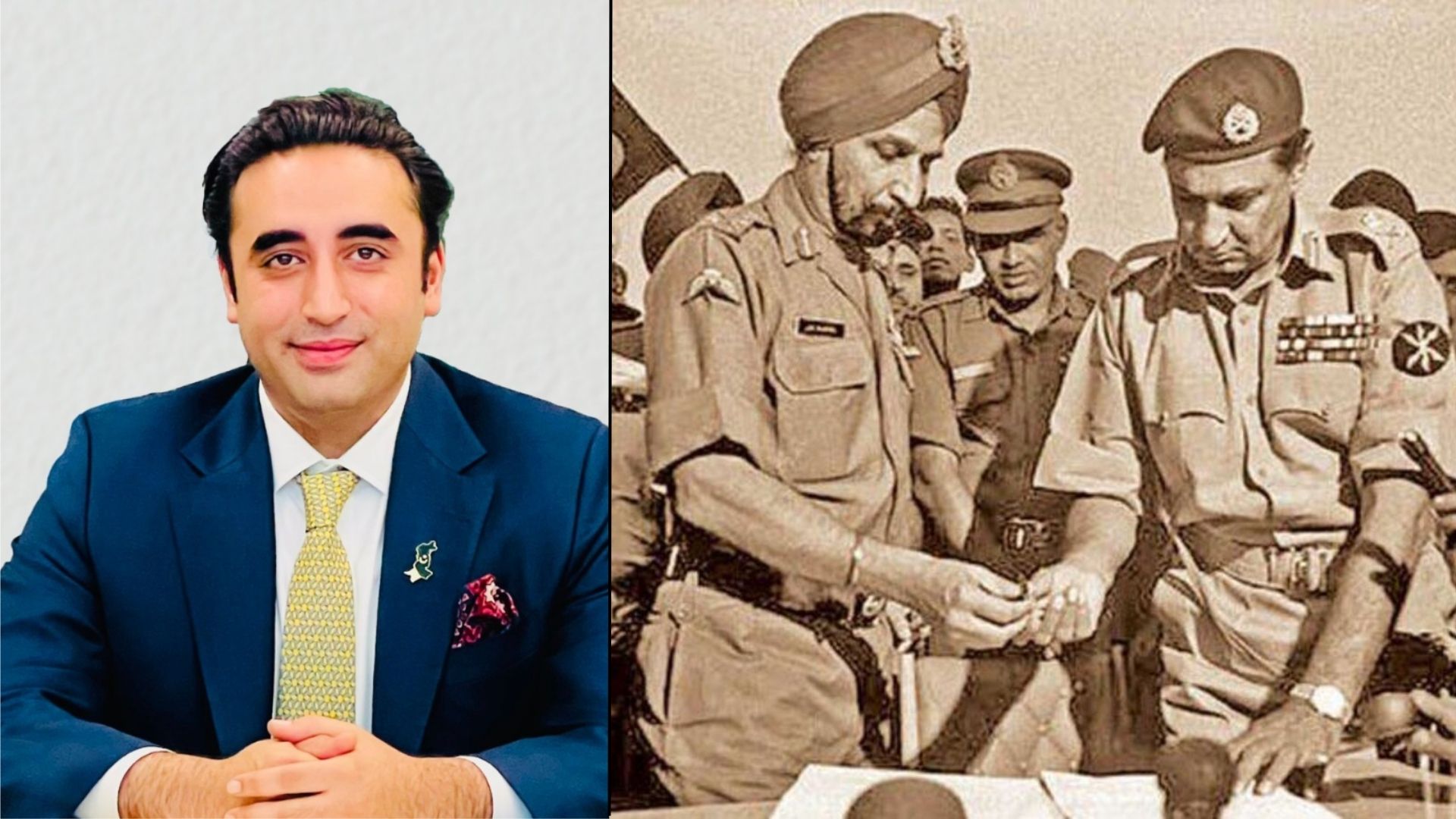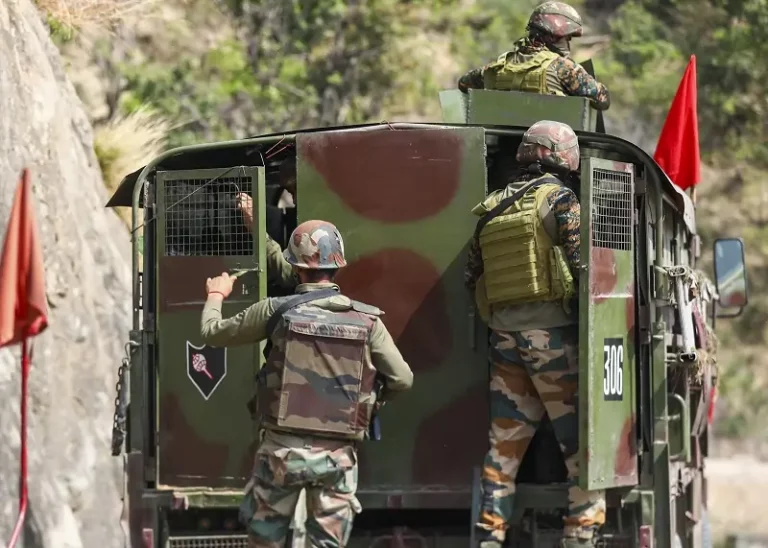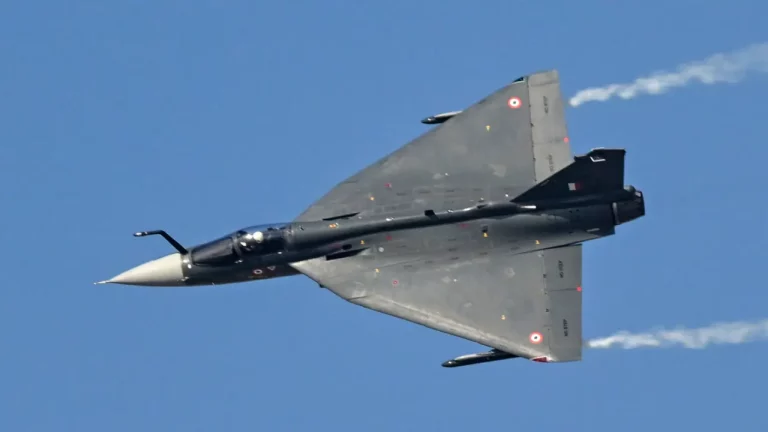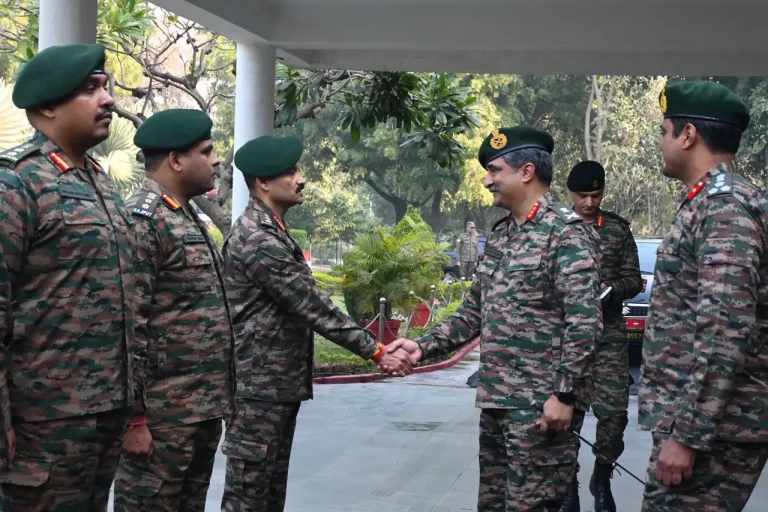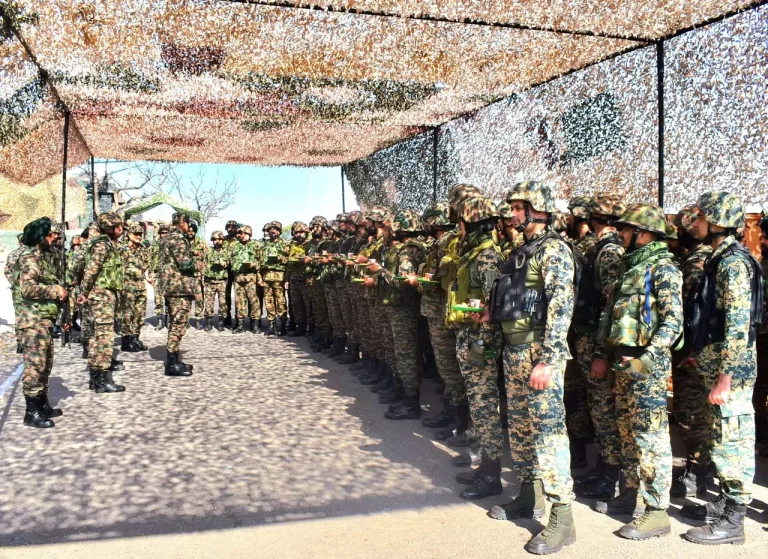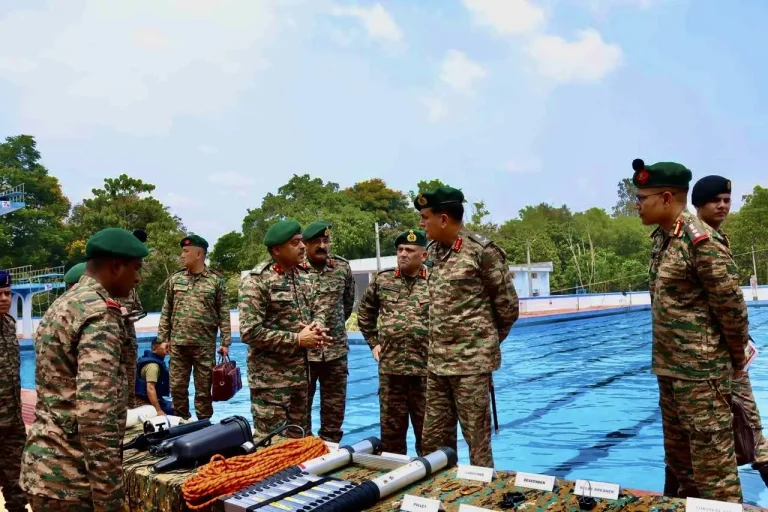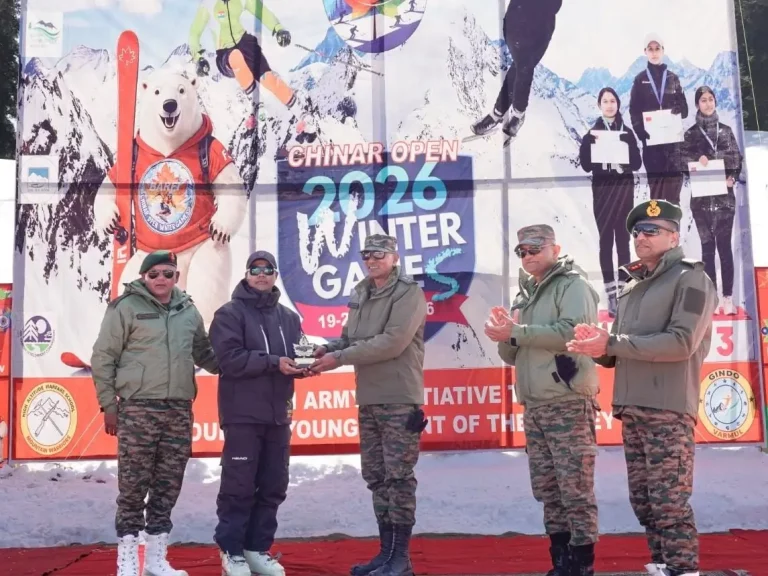Bilawal Bhutto Zardari, the chairman of the Pakistan People’s Party (PPP), has ignited a significant controversy following his assertion that “surrender is not a word found in Pakistan’s dictionary.” This statement was made during a conference in Islamabad where he emphasized the importance of global cooperation in combating terrorism while restating Pakistan’s position on the Kashmir issue. He also addressed concerns over what he described as the “weaponisation of water.”
The aftermath of his comments has led to a wave of backlash on social media, with many users drawing attention to historical events from 1971 when over 93,000 Pakistani troops surrendered to the Indian Army in Dhaka as part of the Bangladesh Liberation War. This moment, a deeply impactful chapter in the history of South Asia, has been brought back into public discourse, eliciting sharp reactions from netizens, particularly from India.
Critics highlighted the apparent irony in Bilawal’s remarks, with users reminding him of the significant military defeat that occurred under his grandfather, former Prime Minister Zulfikar Ali Bhutto’s, leadership. One response humorously suggested that the dictionary might have been “edited” in 1971, while another pointedly remarked that Bilawal seemed to have overlooked the historical context of his statement.
The events of December 16, 1971, which culminated in the surrender of Pakistani forces under the command of Lieutenant General A.A.K. Niazi in front of Indian Lt General Jagjit Singh Aurora, continue to resonate powerfully in the region. These historical events have become a focal point in discussions about national identity and resilience in Pakistan.
Bilawal’s intention to project a message of strength and determination has instead triggered a reconsideration of a painful historical defeat, igniting fierce debate among both domestic and international audiences. Critics assert that revisiting such a volatile moment in history underscores the complexities inherent in national narratives and the way past traumas can resurface in contemporary political discourse.
